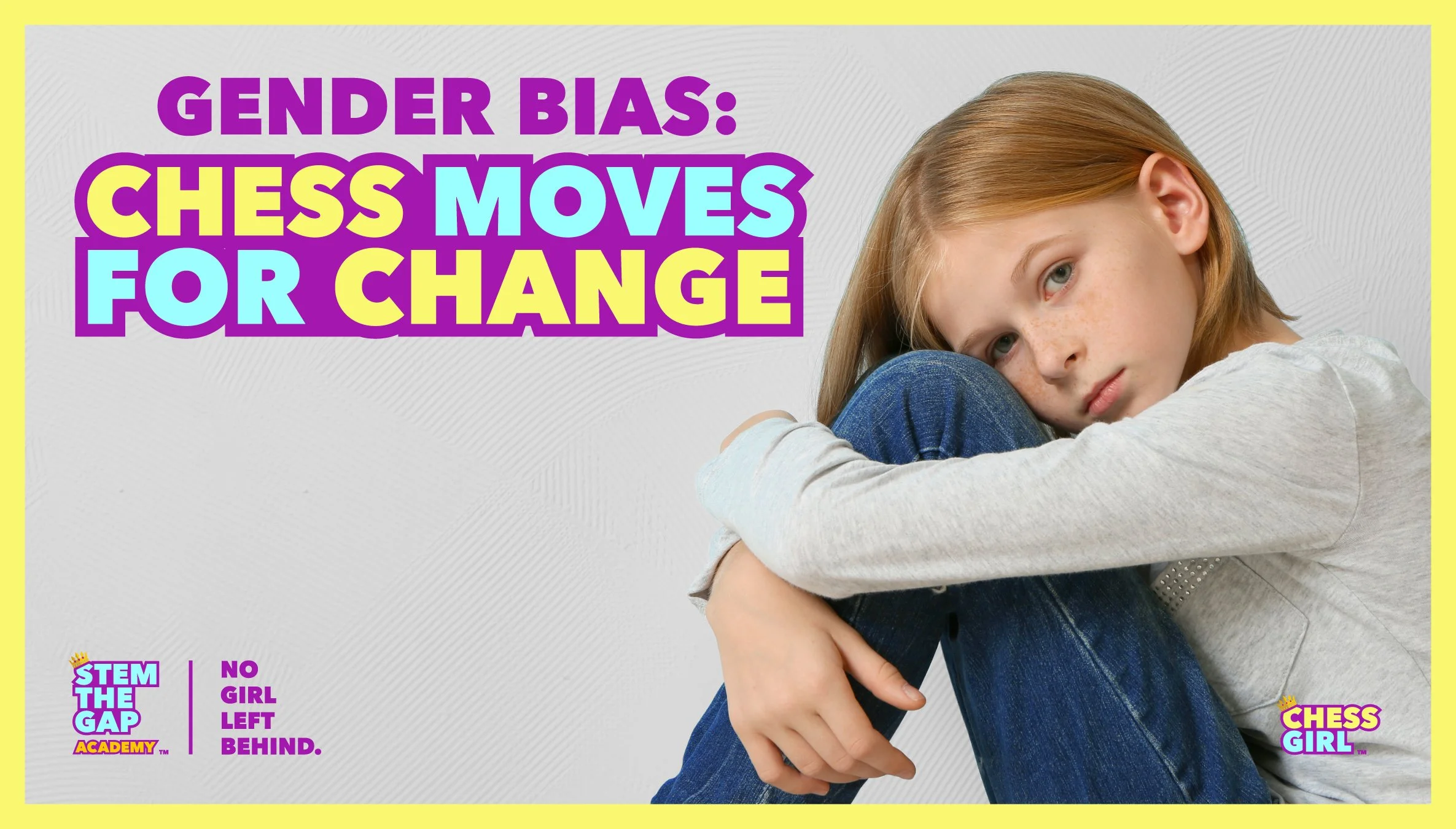IS YOUR GIRL SHY?
"Sorry, my daughter is just a little shy."
"Oh, what a shy little girl you have there."
"Is she always this shy? Don’t be shy!"
Have you ever said any of these things about your daughter to someone else…a family member, a teacher, a relative or even a random stranger on the street?
These kinds of phrases are incredibly common, but what is not common are the reasons why we should abstain from labelling and speaking about our girls in the third person, often even in their presence.
Quite simply, the dilemma is two-fold. Firstly, labels become self-fulfilling prophecies and secondly, when, you as a parent or as someone in a position of authority in the child’s life, speaks about them as if they were not there, it is incredibly invalidating.
The label ‘shy’, as with any imposed label, can impact the child’s self-esteem and confidence and feel burdensome. Not only that, but ‘shy’ is often used incorrectly too. It is often used interchangeably with ‘introverted’, and there is a distinction. Some kids experience a mild form of social anxiety because they’re afraid of being perceived negatively and take a while to get used to their surroundings, before they open up and become both lively and engaged. Others tend to get overstimulated and require time away from others, in order to recharge and regain that internal equilibrium. That is what shyness versus introversion are respectively. You can be both shy and introverted simultaneously; however, being one doesn’t not automatically mean that you are the other.
Moreover, talking about our girls as if they weren’t there, in their presence, sends subliminal messages that what someone else has to say about who they are supersedes what they know to be true about themselves. It is a form of gaslighting that causes young girls to learn to distrust their own impulses and instincts and instead trust in the words/opinions/actions of others over themselves. Of course, this also eats away at their confidence and can have a lasting lifelong impact, that becomes incredibly complex to reverse.
So, what is the alternative?
Talking to our girls and understanding how they feel about social situations must be our number one priority, before we impose our own understanding or presumptions onto them, forcing them to accept our perceptions as fact.
The second step is letting them describe in their own words how they feel. This gesture makes the child feel seen and heard and will encourage them to not only express themselves more, but also to become less reserved, if that is what they are. When an adult listens and acknowledges the child’s feelings and impressions, it shows the child that how they experience the world matters and can help ease the social anxiety they may feel.
Finally, it is imperative that we say the right things to our girls to build their self-confidence and empower them. Statements like ‘You are strong!’ and ‘You are an excellent learner!’ are great ways to promote a positive self-image, rather than statements like ‘You are shy!’ or ‘You are sweet!’, which impose particular qualities onto them and put them into a particular box, that does them a disservice.
So don’t call your little girl ‘shy’. Call her ‘powerful’ instead…and watch her unleash her inner Girl Boss.
Sally Sampson











